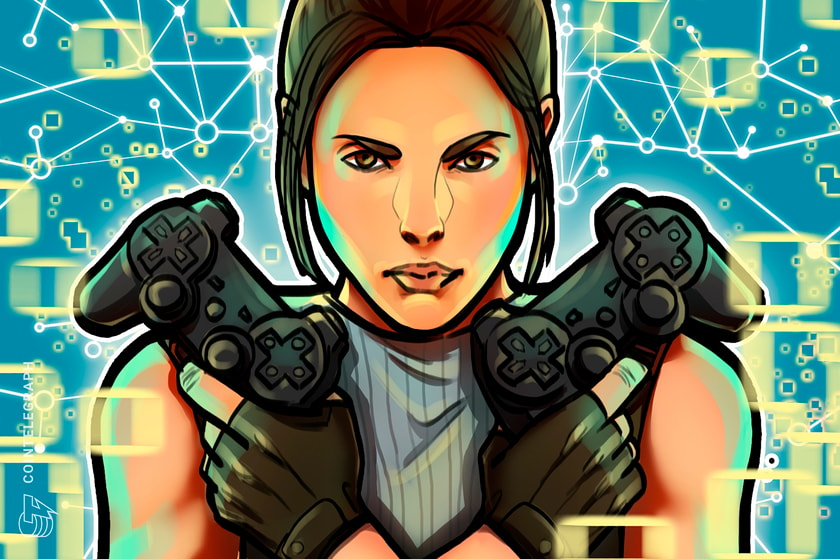Play-to-earn games are the reason ‘real’ gamers hate crypto: Atari founder

Crypto games have garnered a bad reputation among traditional gamers, but the future of Web3 games and blockchain-based worlds is far from over, says Nolan Bushnell.
It’s no secret that traditional gamers harbor a strong sense of disdain for crypto and nonfungible tokens (NFTs) in their games. The reason for this is clear, says Atari founder Nolan Bushnell, it all started with the insane rise of play-to-earn games.
“I can tell you clearly where this disdain for crypto comes from,” Bushnell said. “The hatred comes from these play-to-earn games that pioneered blockchain gaming.”
“Good gamers don’t like to grind. Grinding is shitty. What gamers want is fun, and unfortunately these play-to-earn games are 100% dependent on the greater fool theory to work.”
Speaking to Cointelegraph in a wide-ranging interview, Bushnell — known as the “godfather of video games” — shared his many perspectives on the current gaming landscape and the role blockchain technology will play in the sector moving forward.
While it could be seen as outlandish if someone said that they had “invented video games” — for Bushnell, this was just a part of his long career, including founding the gaming system Atari and the American dining chain Chuck E. Cheese. He is also one of the few people in the world to have counted Steve Jobs as an employee.

Bushnell believes the future of Web3 gaming depends on a major shift away from play-to-earn dynamics and a renewed focus on building convincing virtual worlds through the use of virtual reality (VR) and augmented reality (AR) technology.
The mass adoption of these new worlds, Bushnell explains, will be entirely dependent upon the human need for socialization as well as a permanent sense of “place and time” in the new economy of virtual worlds.
“How do you meet people? Where do you meet them? Where do you meet them? That’s the connective tissue of Web3 and the metaverse. If you can provide this sense of real place and real time in virtual worlds, that’s when I think we’ve really got something.”
Presently, Bushnell serves as the chief knowledge officer at Moxy, a new blockchain-based esports company, where he describes three pillars where blockchain can provide modern gaming with a much-needed upgrade.
I’m excited to be speaking at the DELF event. We’ve chosen Hong Kong for https://t.co/GNemkV0YDf‘s entrance to the Asian Market https://t.co/phUuANd9LB
— Nolan K Bushnell (@NolanBushnell) August 15, 2023
The first and most important value proposition Bushnell says is the ability to transfer seamlessly and securely.
“We want to turn gaming into a platform for competition and in order to have good competition, you need to be able to securely transfer funds simply and easily,” he explained.
As the world becomes increasingly digital, there needs to be a way for people to ensure that actions and expectations are aligned with outcomes.
“Number two, and it’s a close two by the way, is the utility of smart contracts. Smart contracts don’t just have value in games but in all human interactions, because so much of what we do in life is establish relationships and then set the terms of those relationships.”
The third key area is the ability to securely store the value of digital assets in the form of currencies and tokens.
Related: Atari founder, Animoca sees Web3 games as vital for virtual ownership and education
First introduced to cryptocurrency by Tether co-founder Brock Pierce, when Bitcoin (BTC) was hovering around the price of $50, Bushnell said he didn’t take too much notice of crypto at first.
However, like many others, he changed his minds when the price of Bitcoin began to surge, and suddenly Bushnell realized that there might be something more going on in the world of blockchain.
While Bushnell admits that he doesn’t have much material exposure to cryptocurrencies due to the volatile nature of prices, he concluded that anytime humans are capable of sharing a perception of value en masse, “we’re usually in the clear.”
Web3 Gamer: GTA owner joins Web3, Bitcoin casino, Sunflower Land review




